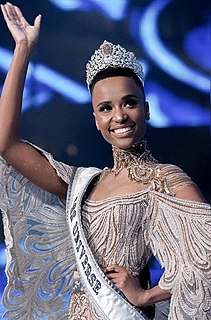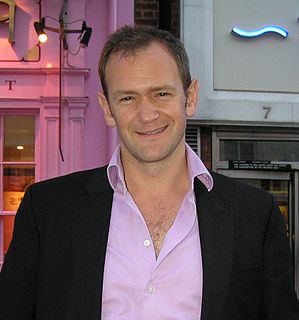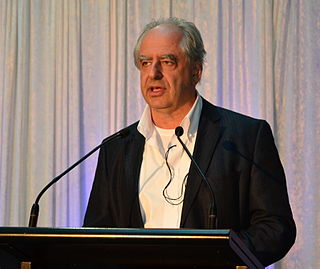A Quote by Cyril Ramaphosa
It is important that South Africans of all political persuasions be represented in Parliament.
Quote Topics
Related Quotes
There is the possibility that these troops will be used against us if we are victorious. There is also the possibility that in fact the South Africans are there at the invitation of Britain, because Britain is hesitating to remove them. Hence there is a need for us to combine forces and demand through all political platforms, through all media, the withdrawal of South African troops and action, definite action, by Britain to get those South African troops out.
In many European countries we have populist indirect democratic systems. The people elect, in a proportionate manner, a parliament. The parliament with all its parties is representative of the political opinions among the citizens. It is reasonable to claim that the people rule itself through the political institutions.
From 1962 to 1965 the US was dedicated to try to prevent the independence of South Vietnam, the reason was of course that Kennedy and Johnson knew that if any political solution was permitted in the south, the National Liberation Front would effectively come to power, so strong was its political support in comparison with the political support of the so-called South Vietnamese government.
The time will come when our nation will honour the memory of all the sons, the daughters, the mothers, the fathers, the youth and the children who, by their thoughts and deeds, gave us the right to assert with pride that we are South Africans, that we are Africans, and that we are citizens of the world.
We do not have a South African as a member of the African Commission. The President of the Commission comes from Mali, the Deputy comes from Rwanda and then we have got all these other members, ordinary commissioners. There is no South African there. And the reason, again, for that is not because we didn't have South Africans who are competent.
My grandfather was a member of Parliament for 40 years. Obviously we're talking here South Africa, a whites only parliament. I grew up in a family that was very involved with the legal battles against apartheid—the great treason trials in the 1950s and early '60s, and later with the legal resources center that my mother founded. My father was involved with a number of very prominent cases that had political aspects to them, whether it was the inquest into the Sharpeville Massacre, the death of Steve Biko, or one of the trials of Nelson Mandela.

































